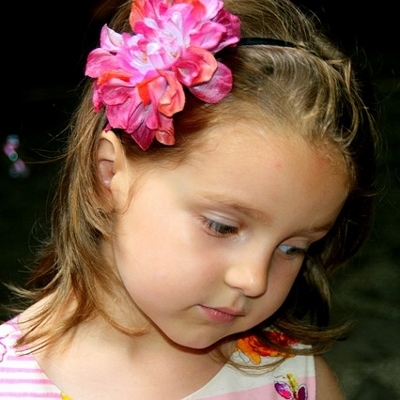 Despite a parent’s best intentions, a tween can begin to display unsavory behaviors. The best way to deal with this problem is by discouraging the specific behavior(s) instead of taking the “he will grow out of it” approach.
Despite a parent’s best intentions, a tween can begin to display unsavory behaviors. The best way to deal with this problem is by discouraging the specific behavior(s) instead of taking the “he will grow out of it” approach.
Intervention works. A caring parent can assist her tween by discouraging inappropriate behaviors. Read this post to learn about three behaviors to nip in the bud today!
Nix the Teasing
Some tweens use teasing as a way of flirting with the opposite sex. They don’t know any better. While it might seem obvious to your daughter that kicking her classmate means “I like you,” to the boy it just hurts.
Instead of yelling at your child, offer alternatives. Let your daughter know she can replace kicking with conversation or even a bright smile! For example, she might ask the boy if he wants a stick of gum.
Quell the Lying
Sometimes tweens will begin to tell tall tales. They do this for a variety of reasons, but usually for attention. If you catch your child in one of these larger than life stories, wait until you are alone to address the issue. Never embarrass a tween in front of his friends.
Once you two are alone, begin the discussion by acknowledging you heard the lie. Then, let your child speak. See what he has to say about the situation. If he is seeking attention from the opposite sex, offer him other ways to promote positive attention. If he feels he isn’t interesting enough to his friends, help him to find hobbies to develop his self esteem.
The key to stopping a child’s lying is to get to the root cause of it, then address the underlying issue.
Leaving Others Out
Tweens can be mean. One day they might have a tight knit group of five friends, and the next day they can cut one of the children out with no explanation. I’ve witnessed this phenomenon many times, and it seems to be more common in girls.
For instance, my daughter’s friends ostracized her for several months when she was in the 6th grade. She never knew the reason why they abandoned her; she only knew that the girls would taunt her by riding their bikes by our house and by coming Trick or Treating as a group to our home. Finally the storm passed, but my daughter never found out why the unpleasant situation had happened.
Please discourage this behavior in your tween. If a member of his or her group has done something socially wrong, don’t allow them to cut the child off. Instead, the child should be given a chance to explain his or her actions, and to say “I’m sorry.”
Conclusion
Parents like to catch their child being good, so it can be difficult to address not so pleasant behaviors. While it might be unpleasant, it is necessary. Assist your tween in becoming the best person he or she can be by stopping unsavory behaviors – sooner rather than later.










